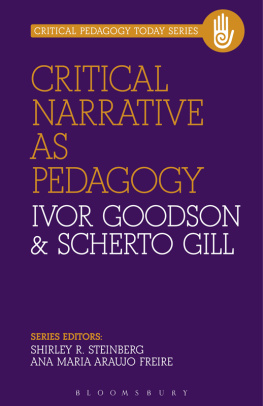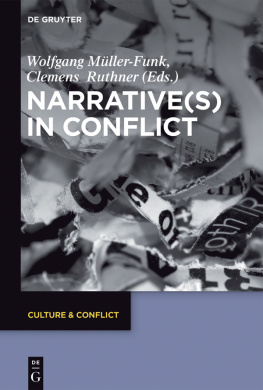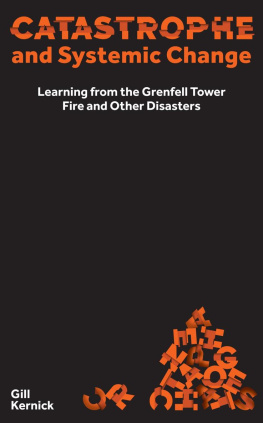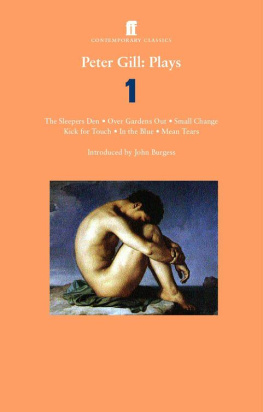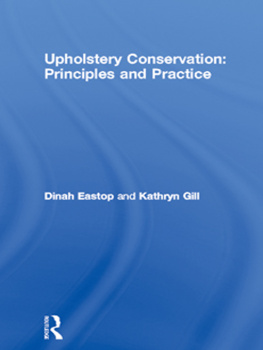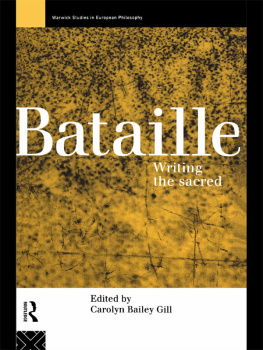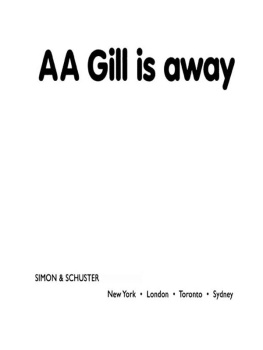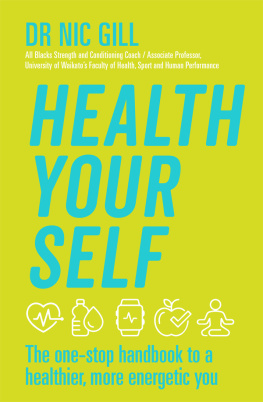CRITICAL NARRATIVE AS PEDAGOGY
Available from Bloomsbury:
Series Editors: Shirley R. Steinberg and Ana Maria Araujo Freire
On Critical Pedagogy , Henry A. Giroux
Echoes from Freire for a Critically Engaged Pedagogy , Peter Mayo
Critical Pedagogy for Social Justice , John Smyth
Teaching as the Practice of Wisdom , David G. Smith
CRITICAL
NARRATIVE AS
PEDAGOGY
IVOR GOODSON AND
SCHERTO GILL

Contents
This book is the fruit of conversations with many people who have helped us at different stages of developing the key ideas that formed the bedrock of the theories and pedagogical strategies.
We are most grateful to the Guerrand-Herms Foundation for Peace for its generously hosting Ivor as a Research Fellow during which time Ivor and Scherto have begun to collaborate on this series of work focusing on narrative, learning and pedagogy.
We truly appreciate all the administrative and editorial support provided by the Foundations staff, in particular, Heather Stoner and Laura Hobson.
We are also thankful to Elizabeth Brigg, whose consistent and reliable support to Ivors writing and to the final organization of the manuscripts were invaluable.
We would like to acknowledge those who were involved in the books production for their dedication to bring the book to completion.
Our deepest gratitude goes to the individuals whose stories and narrative processes have featured in the case studies in the book, some of whom are kept anonymous, and others are known. It has indeed been such a privilege to be part of these courageous individuals narrative journeys of inner exploration and dialogic investigation. Their stories are as transformative for themselves as for us, as listeners, interlocutors and researchers.
We couldnt find any better way to honour their generous gift other than by sharing it with others in the world.
Ivor Goodson and Scherto Gill
In this book, we explore the potential of using narrative work in developing learning and pedagogic strategies. We have both been involved in this educational endeavour for many years and have just begun to set out our ideas in a series of essays and books.
In some ways, this book provides a pedagogic companion piece to our earlier work on narrative pedagogy (Goodson and Gill, 2011). In these books, we are concerned with investigating the potential of narrative and life history work for pedagogy and learning. We argued in Narrative Pedagogy that although there was widespread evidence of a turn to narrative, the importance of the pedagogic encounter, taking place in research settings and in everyday situations, had largely been disregarded. We were therefore focusing on the social forms of narrative work and, in particular, its place in encounters, conversations and wider social group interactions. In striving to understand the part that social relationships play in these contexts, we were able to explore what we have called narrative learning (Goodson et al., 2010), and the pedagogical strategies that are salient in facilitating such learning. The previous work on Narrative Learning and Narrative Pedagogy has provided an important set of foundations for our explorations of critical pedagogy.
Following on from our previous work, this book introduces another dimension to our understanding of narrative pedagogy, namely criticality. In view of the burgeoning fields and literature on critical thinking and critical theory, we have become increasingly interested in how narrative can locate critical engagement in both autobiographical reflection and group-based learning. Central to our own inquiry is to perceive narrative as profoundly humanizing, particularly when facilitated by empathetic listening, critical distance and caring analysis. Such narrative processes can lead to transformation and reconciliation.
Both concepts (transformation and reconciliation) are key to learning. In this book learning is perceived, in the broadest sense, to refer to the process that enables us to become more fully human (Freire, 1996, p. 37). Indeed, Freires vision for learning has inspired us to look into questions about human becoming in the context of narrative, critical reflection and dialogue. In our way of understanding it, transformation and reconciliation are evident as two connected human endeavours. Transformation here refers to the renewed self-awareness and understanding of our relationship with our fellow human beings and our social world as well as our action within it, and reconciliation is about being able to come to terms with past experience and meaning, life journeys, ones purpose in the world, present and future direction and action. Thus in the dialogic nature of narrative reflection, learning is at once critical and holistic. That is to say, without the critical distance, narrative can easily become self-fulfilling prophecy, or romantic or merely self-indulgent, whereas without holistic context, any criticism can seem sour, flat or antagonistic.
Another connected and important concept we introduce in this book is the notion of re-storying, often allied to re-selfing (Goodson, 2013), which we argue is fundamentally connected to the social imagination and to collective transformative action. In re-storying, individuals revise their courses of action and anticipate a new life a life of healing and reconciliation, a life of direction with integrity, meaning and purpose. Indeed, through engaging in critical narrative, learning is an act of developing a deeper social story and meaning (Lederach, 2005). Such a vision of learning is compelling both in affluent societies struggling to provide an educational experience aimed at enabling wellbeing for all and in conflict-ridden and divided societies striving for peaceful relationships.
The book therefore comprises three parts. In Part One, Scherto introduces the reader to the field of critical narrative and reviews a wide range of trans-disciplinary literature that addresses relevant questions about narrative, critical reflection and identity. We have a particular interest in works that look into narrative meaning-making and questions concerning ethics and morality embedded within narratives. The aim is to pave the way towards developing a tentative theoretical framework through which we could understand better the working of critical narrative in diverse sett ings individual (auto)biographical reflection and group-based interpersonal interaction.
In Part Two, Ivor focuses on the personal and individual arena of narrative activity. We argue that ancestral voices and autobiographical memory need to be re-evaluated and revisited as sites of narrative construction and critical reflection. The potential for pedagogic leverage in these sites is, we maintain, considerable. We also scrutinize the processes whereby people develop integrative life themes in their narrative construction and review the processes of developing theories of context. Here we highlight that learning takes place when individuals critically engage with their life histories and place these lived stories and experiences within broader contexts. This is where the personal converges with the socio-political.
Part Three is a significant extension from our Narrative Pedagogy book, as Scherto concentrates her investigation on the interpersonal dimension of critical narrative work. The chapters demonstrate with force and poignancy the humanizing effect of narrative and how critical narrative as pedagogy can lead to transformation and reconciliation. A range of settings of dialogic encounters was carefully selected to illustrate the pedagogical potential explored in the book to beyond formal learning situations, including informal peace-building education endeavour in post-conflict and divided societies, adult lifelong learning through critical narrative as part of the restorative justice and forgiveness programmes provided in some UK prisons, and teachers professional learning within the higher educational settings.
Next page
